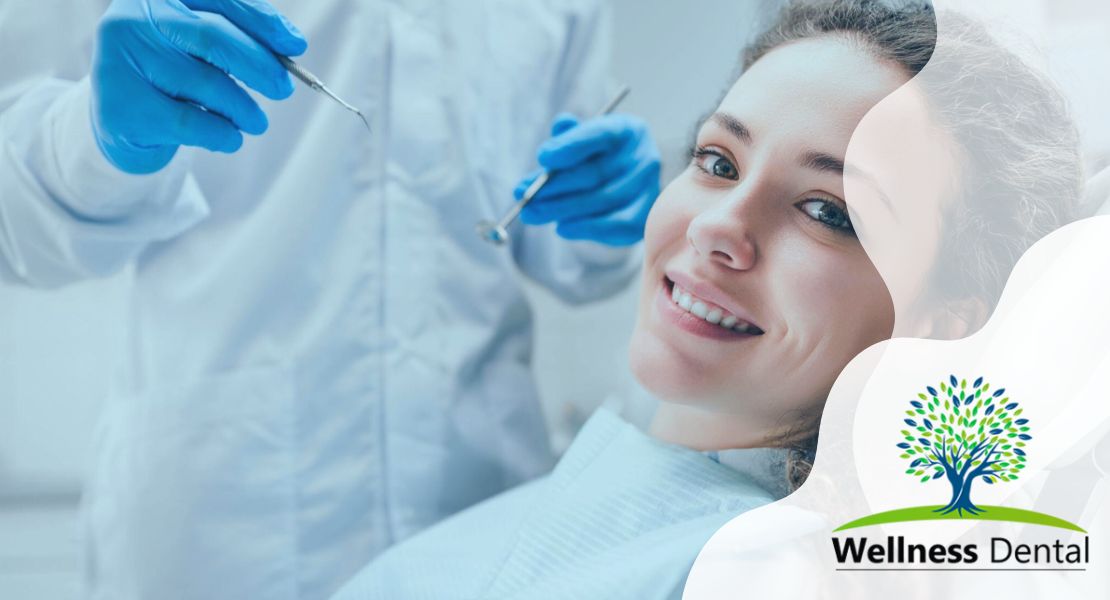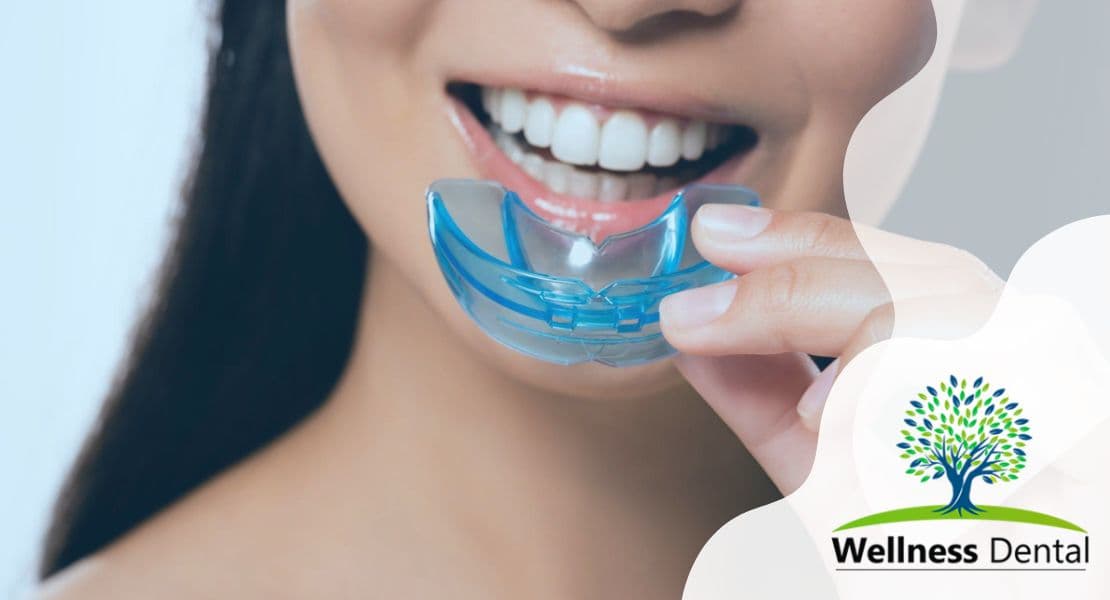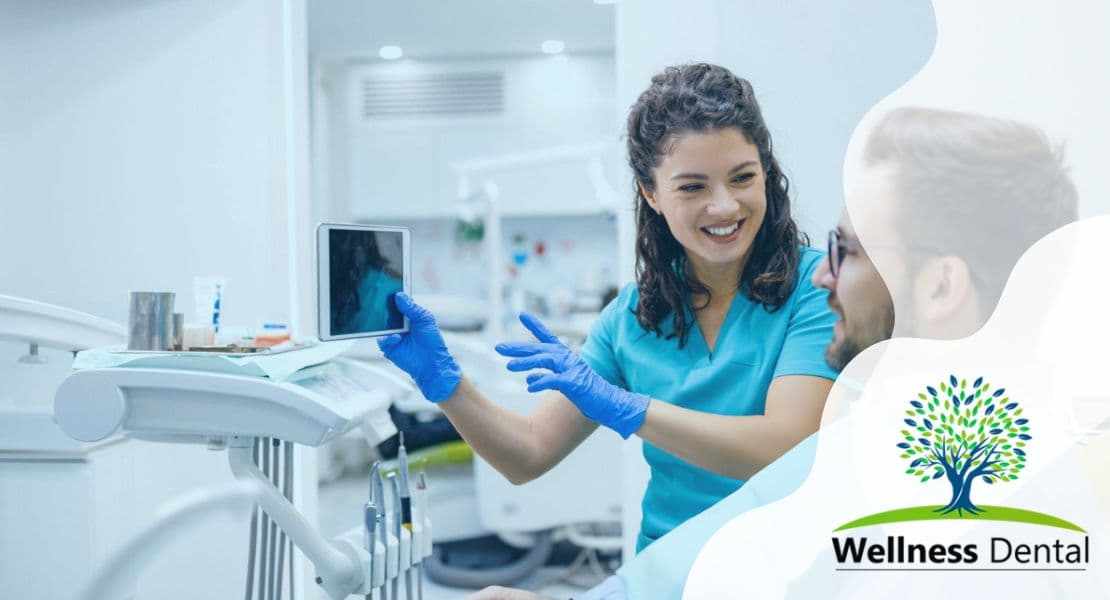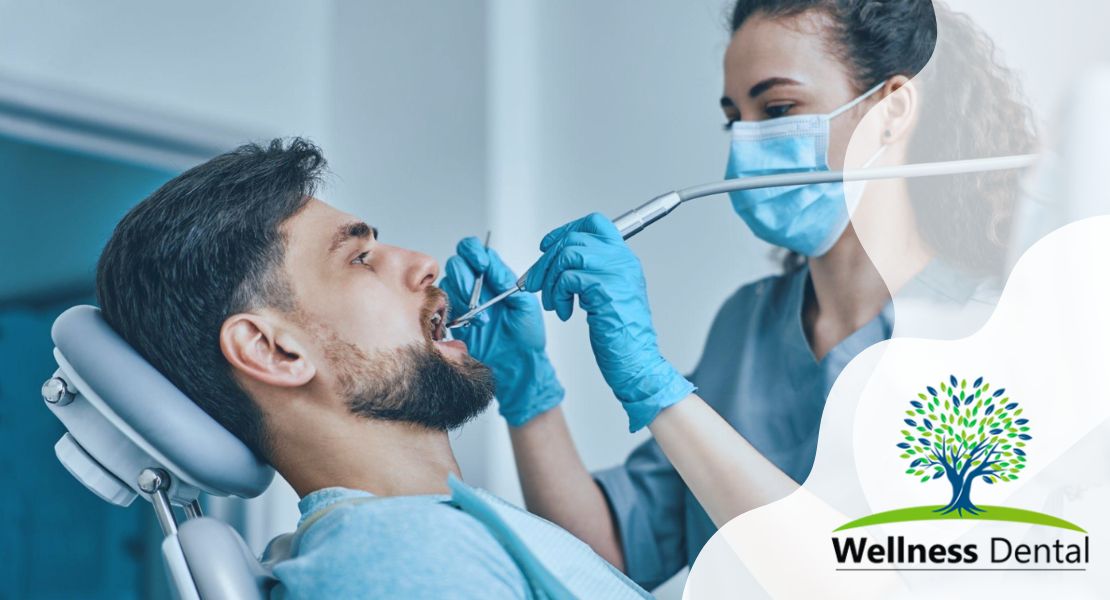After dental procedures, it is common to experience numbness due to the effects of dental anesthesia. This numbness can be bothersome, making it difficult to eat or speak properly. However, there are several ways to alleviate this sensation and restore normal activities.
1. Wait it out: The most straightforward approach is to give the anesthesia time to wear off on its own. Typically, numbness after dental treatment lasts for a couple of hours. During this time, it is advised to refrain from eating or drinking hot liquids to avoid accidental injuries.
2. Wiggle your jaw: Gently moving your jaw back and forth can help improve blood flow to the numbed area, facilitating the reversal of the numbing effects. This movement encourages the anesthesia to dissipate faster and accelerates blood circulation.
3. Massage your lips or cheeks: Gently massaging the numb areas with your fingers can stimulate blood flow and help alleviate the numbness. This can be done by applying gentle pressure to the affected areas or by making circular motions.
4. Move your tongue from side to side: Tongue movements can promote blood circulation and aid in reducing the duration of numbness. Simply alternating the side-to-side movement of your tongue can help restore feeling in the mouth more quickly.
5. Distract yourself: Engaging in other activities that require your attention can help divert your focus from the numbness. This may include watching a movie or listening to music. By occupying your mind, you may perceive the numbness less intensely, making it more bearable.
It is important to note that the degree of numbness experienced after dental work varies for each individual, depending on the type and amount of anesthesia used. While these techniques can help alleviate numbness, if you’re planning a trip soon, it’s a good idea to keep in mind how long the numbness might last. If you experience prolonged or excessive numbness, it is recommended to contact your dentist for further advice.
Dental numbness fades in a few hours
Dental numbness, commonly experienced after dental procedures, typically lasts for a few hours. However, there are several factors that can contribute to the numbness lasting for a longer period of time. Firstly, the type of numbing agent used during the procedure can influence the duration of numbness. Anesthetic medications, such as lidocaine, are commonly used to block the pain signals and induce numbness.
The amount of anesthesia injected and its concentration can impact the length of numbing effects. Additionally, the invasiveness of the dental procedure plays a role in the duration of numbness. More invasive procedures, such as wisdom tooth extraction or oral surgeries, may require greater amounts of anesthesia and can result in extended numbness.
Prolonged dental numbness can pose potential risks and complications. One of the main concerns is nerve damage. The anesthesia injection can inadvertently affect the nerves responsible for sensation in the mouth and surrounding areas. Nerve damage can lead to prolonged numbness or even permanent loss of sensation. Furthermore, extended numbness can hinder normal activities like eating, speaking, and maintaining oral hygiene routines. It can also cause accidental biting of the tongue or cheek due to the lack of sensation.
If numbness persists for an extended period, it is essential to take precautions and seek dental consultation. Avoiding further damage to the numbed area is crucial to prevent any additional complications. Rinsing the mouth gently with warm saltwater can help maintain oral hygiene and promote blood circulation.
It is important to follow any specific instructions provided by the dentist. If prolonged numbness continues beyond a couple of hours, contacting a dental professional is recommended to ensure proper evaluation and treatment. Prompt intervention can mitigate the risks associated with prolonged dental numbness and promote a speedy recovery for our healthy smiles.
FAQ
What is the fastest way to get rid of numbness after the dentist?
After a dental procedure, experiencing numbness in the mouth is common due to the use of anesthesia. While this numbness typically fades within a few hours, there are some techniques that can help speed up the process. One way to alleviate numbness is by engaging in physical activity, such as gentle massaging of the lips or cheeks.
How do you Unnumb your mouth after filling?
After a dental procedure, it is important to follow the instructions provided by your dentist to help alleviate numbness. One way to unnumb your mouth after a filling is to engage in physical activity. Gentle massaging of the lips and cheeks can help stimulate blood flow and reduce the numb sensation. Additionally, moving your tongue around inside your mouth can also help in regaining sensation.
How long does it take for your mouth to Numb from the dentist?
To help alleviate numbness after a dental procedure, it is essential to follow specific instructions provided by your dentist. One effective way to speed up the process of unnumbing your mouth is to engage in physical activity. Gently massaging the lips and cheeks can stimulate blood flow and reduce the numb sensation.
Can I eat while my mouth is numb?
It is not recommended to eat while your mouth is numb after a dental procedure. The lack of sensation can increase the risk of accidentally biting your tongue, cheek, or lips. It is crucial to wait until the numbness has completely worn off before consuming any food.
How long will my lips be numb after cavity filling?
After a dental procedure, it is crucial to adhere to the specific guidelines provided by your dentist to help alleviate the numbness in your mouth. One effective way to speed up the process of unnumbing your mouth is by engaging in physical activities such as gently massaging your lips and cheeks. This can help stimulate blood flow and reduce the numb sensation.
Does caffeine help numbing go away?
One potential way to help alleviate numbness after a dental procedure is by consuming caffeine. Caffeine is known for its stimulating effects on the body, which can help boost blood flow and potentially reduce the duration of numbness in the mouth. This can be achieved by drinking a cup of coffee or tea after your dental appointment.






